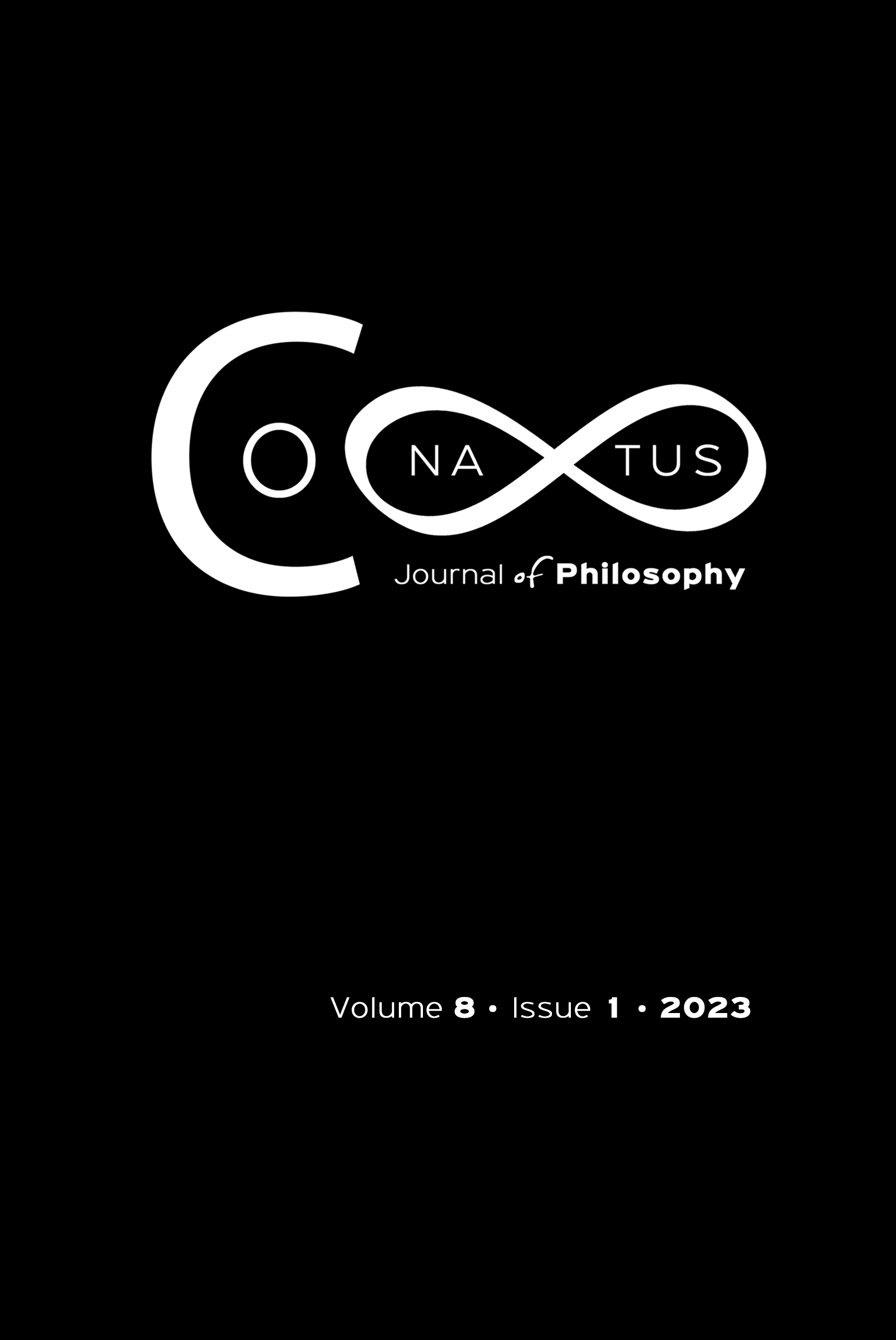Thematic Analysis and its Interdisciplinary Interest: Advantage or a Disadvantage for Holton’s Purpose?

Abstract
The term “thematic analysis” abounds in research articles and appears in the titles of books, without the authors of these writings being primarily concerned with defining what thematic analysis is. Thematic analysis is present in the current vocabulary of several disciplines and is presented as a working method of choice in psychology, sociology, or linguistics, to name but a few. This article seeks to situate thematic analysis in the thinking of Holton Gerald, who introduced it into the philosophy of science as a rational approach that can account for scientific discovery and progress. The aim of this article is to see whether the attested interdisciplinary interest nature of thematic analysis argues in favour or against Holton’s claim of making it a credible and acceptable tool in philosophy of science.
Article Details
- How to Cite
-
Alahou, G. (2023). Thematic Analysis and its Interdisciplinary Interest:: Advantage or a Disadvantage for Holton’s Purpose?. Conatus - Journal of Philosophy, 8(1), 29–53. https://doi.org/10.12681/cjp.30938
- Section
- Articles

This work is licensed under a Creative Commons Attribution-NonCommercial 4.0 International License.
Authors who publish with this journal agree to the following terms:
Authors retain copyright and grant the journal right of first publication with the work simultaneously licensed under a Creative Commons Attribution Non-Commercial International License (CC BY-NC 4.0) that allows others to share the work with an acknowledgement of the work's authorship and initial publication in this journal.
Authors are able to enter into separate, additional contractual arrangements for the non-exclusive distribution of the journal's published version of the work (e.g. post it to an institutional repository or publish it in a book), with an acknowledgement of its initial publication in this journal.
Authors are permitted and encouraged to post their work online (preferably in institutional repositories or on their website) prior to and during the submission process, as it can lead to productive exchanges, as well as earlier and greater citation of published work.





